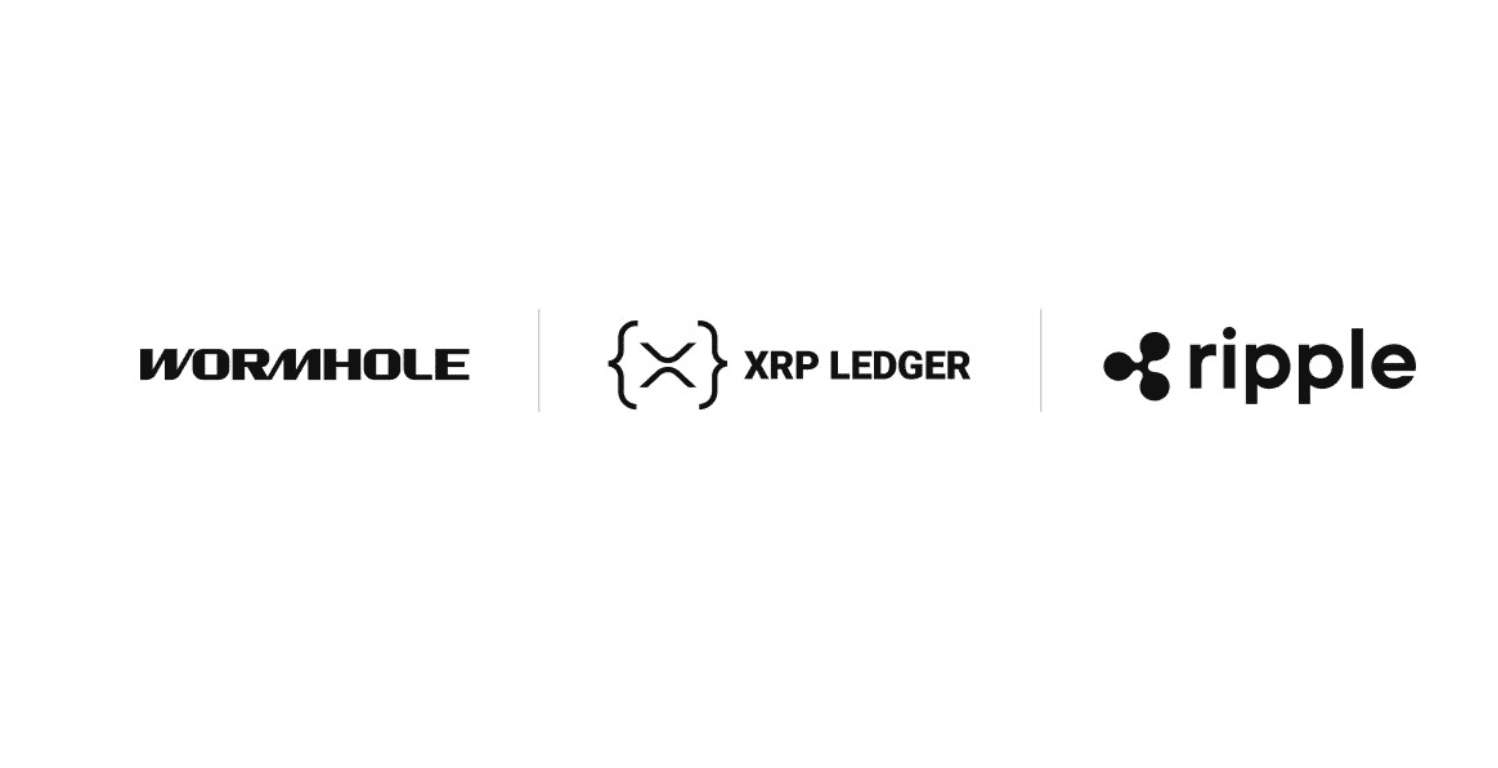Berkeley, CA – Today is day two of UBRI Connect, the first-ever annual convening of the University Blockchain Research Initiative (UBRI), a global network of leading universities at the forefront of research and innovation in blockchain, cryptocurrency and fintech. Now in its second year, UBRI is hitting its stride as a major contributor to the development of the global blockchain ecosystem, and UBRI Connect exemplifies this progress.
Faculty and students from 40 universities across more than a dozen countries have come to the Haas School of Business at the University of California, Berkeley to share research and collaborate. Conference attendees represent wide-ranging areas of study and technical expertise across academic disciplines, including engineering, business and law.
UBRICon’s 40+ speakers are among the leaders in their respective fields. They are deeply engaged in exploring and solving technical, business and regulatory challenges that are vital to mainstream adoption and scalability of blockchain, as well as the use of digital assets in banking, energy, healthcare, government and nonprofit sectors.
Day One Highlights
Following an all-night hackathon in which more than 100 students competed, UBRICon kicked off with a bang. Ripple’s SVP of Xpring Ethan Beard unveiled plans for the next chapter of Xpring along with a new developer platform to make it easy to integrate money into apps—whether it’s US dollars, Philippine pesos, XRP, ETH or currency of any kind. Beard also shared details about new tools, services and programs for developers building with XRP Ledger and Interledger Protocol (ILP).
Other highlights included technical presentations from the University of Oregon’s Jun Li on how to identify compromised cryptocurrency miners in network traffic; Northeastern University’s Cristina Nita-Rotaru on building security and resilience in credit networks; The University of Kansas’s Perry Alexander on remote attestation and trust; and University of Nicosia’s Klitos Christodoulou on approaches to monitoring unique node lists in distributed ledger technology (DLT).
In the Business and Law track, Carnegie Mellon University’s Ariel Zetlin-Jones and Bryan Routledge spoke about settlement and blockchain equilibria, Farshad Ghodoosi discussed legal aspects of smart contracts, and University College London’s Simone Righi presented his work on optimal incentives and structures in decentralized platform economics.
The Critical Role of Universities in Driving Innovation
When Ripple embarked on the journey to more purposefully engage academia through UBRI, it was in recognition of the special role universities have historically played in the development and deployment of new technologies and the realization of their potential uses and benefits to society. Ripple hoped to find common cause with faculty and students and to engage them in research and technical development that would generate broadly applicable learnings and widely usable solutions.
UBRI Connect has brought this objective to life. Set apart from the typical blockchain event, this conference features presentations, both technical and non-technical, that are offering attendees practical new approaches to research and ways in which they can better solve challenges they’re facing today. Students, professors, entrepreneurs and Ripple employees took turns sharing ideas and asking questions. In fact, participation in UBRI Connect is particularly global and diverse, with attendees from 5 continents and a number of US-based Historically Black Colleges and Universities (HBCUs), including Morgan State University, a UBRI partner since early 2019.
Over the past year, UBRI has already inspired well over 100 active research projects on an expansive array of topics. There have been genuine breakthroughs in cryptography and other fields. Most importantly, UBRI is seeding a powerful and inclusive community of thinkers and doers—as well as interns and future job candidates—who are already turning blockchain dreams into reality.







